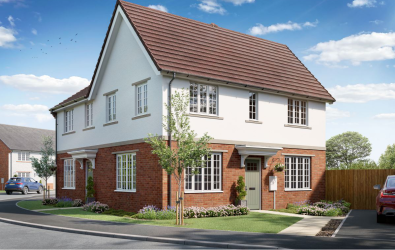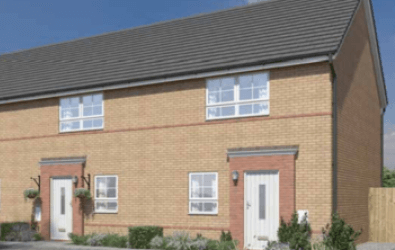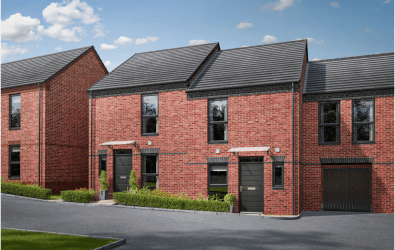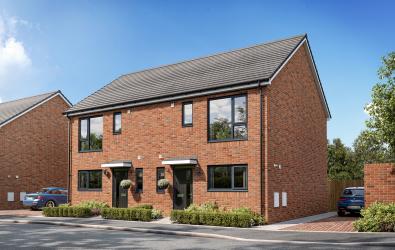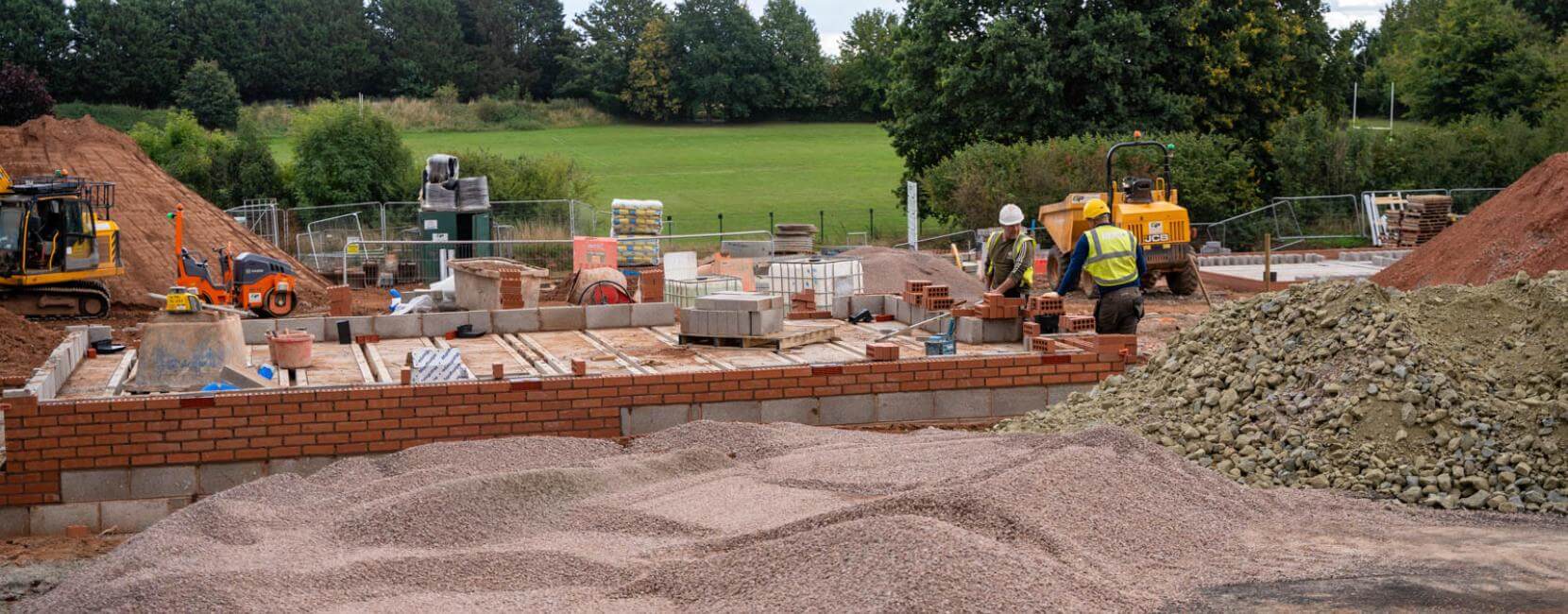
Off-Plan Property
Buying a new property ‘off-plan’ is one of the most common ways of purchasing a new home. While it can seem like a complicated process at first, it offers a number of unique benefits for buyers who either want to get on the property ladder or move to their dream home.
Below we explore the question 'what is off-plan property' and run through the benefits it can offer homebuyers.
What is Off-Plan Property?
Buying off-plan property is the concept of purchasing a home before it has been built. Supported by government initiatives such as Help to Buy and Shared Ownership, purchasing a property off-plan is becoming increasingly popular for the benefits it can provide.
Whether you’re buying a house or an apartment, the actual purchasing process is relatively similar to a traditional purchase, the property is just not built yet. While this may sound risky, with the right research and the right developer it can be an extremely positive experience.
Although you can’t view the exact property before you buy, the majority of developers can give you an idea of the finished product through various marketing tools, such as show homes and computer-generated imagery.
Once you’ve finalised your purchase, it’s simply a matter of waiting until the property is completed and you’re allowed to move into your brand new home.
Purchase a property prior to completion
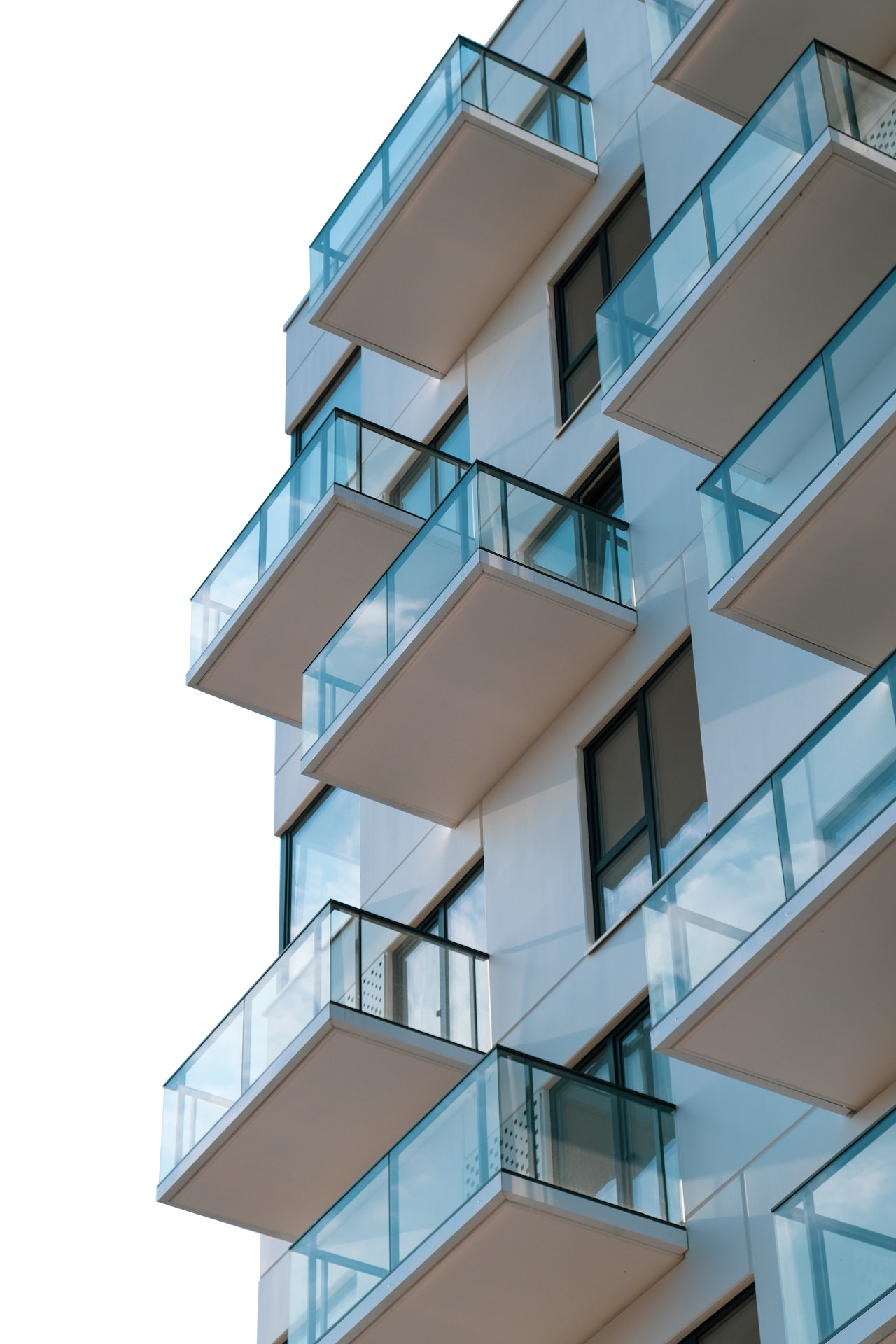
Choose your ideal plot, fixtures and fittings
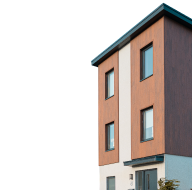
Potential for price growth during build
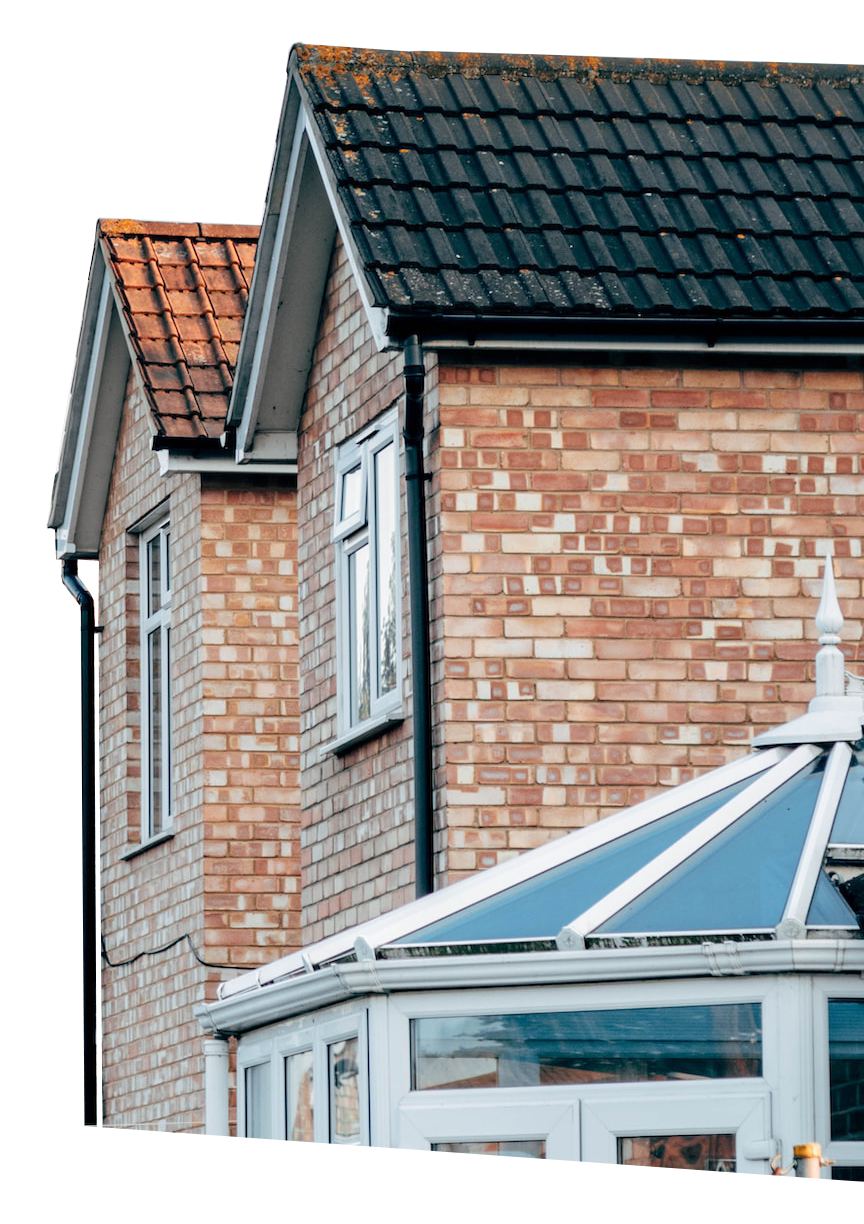
What are the Benefits of Buying Off-Plan Property?
As you’d expect, the concept of buying off-plan property has unique benefits that make it popular in the current housing market. While government initiatives have helped drive some of this popularity, the process itself has some inherent advantages. The benefits of buying off-plan property include:
Potential for growth
When you purchase off-plan, you buy at the current value of the market. If you’re buying in an up-and-coming area, this could mean that your home is likely to increase in value once it is built, at no extra cost to you.
Flexibility
If you buy off-plan property, you can usually choose your plot, and have a choice in other extras that may be included in your home.
Guaranteed quality
By buying off-plan with a respected, reputable developer, you’re guaranteed a completely new property that is built to a high specification. This is not always guaranteed when you buy an existing property that may have hidden faults.
Support
There are a number of government initiatives designed to encourage individuals to buy an off-plan property, which may help you financially.
Things to Remember When Buying Off-Plan
Before you buy a home off-plan, the majority of developers want to know that you have a mortgage agreement in principle in place - although this can bring with it some unique challenges.
Mortgage offers are only generally valid for a fixed time - between six and twelve months. If the time between your exchange date and completion date is delayed, this may mean that you have to reapply for your mortgage. While some lenders may extend the offer period depending on your circumstances, it’s important to keep it in mind during the process.
Provided you’ve communicated with the developer, however, and have a clear understanding of the build timeline, you should be able to avoid this issue.
Also, remember that the lender may want to perform two valuations - one when you buy the property and another when the property completes. This second valuation can have an impact on how much you pay depending on whether the second value is higher or lower.
If the second valuation is lower than the purchase price, it represents a ‘shortfall’. It’s then up to you to decide whether you challenge the valuation, negotiate a reduced price with the developer to meet the new valuation or bridge the gap between valuation and purchase price yourself.
What is the Exchange Process Like for Off-Plan Property?
When you pay your reservation fee, a developer usually insists on a deadline of 28 days for the exchanging of contracts. At this point, you’ll want to instruct your solicitor or conveyancer quickly. Try and choose legal support that has experience in working on developments like the one you’re purchasing.
When you exchange, you’ll also generally pay a deposit on the property - which is usually a minimum of 10% of the property purchase price.
This step of the process represents a legal commitment to the purchase of the property, so make you speak with your legal representative beforehand. You may want to include a ‘get out’ clause in the event that something goes wrong with the build process.


